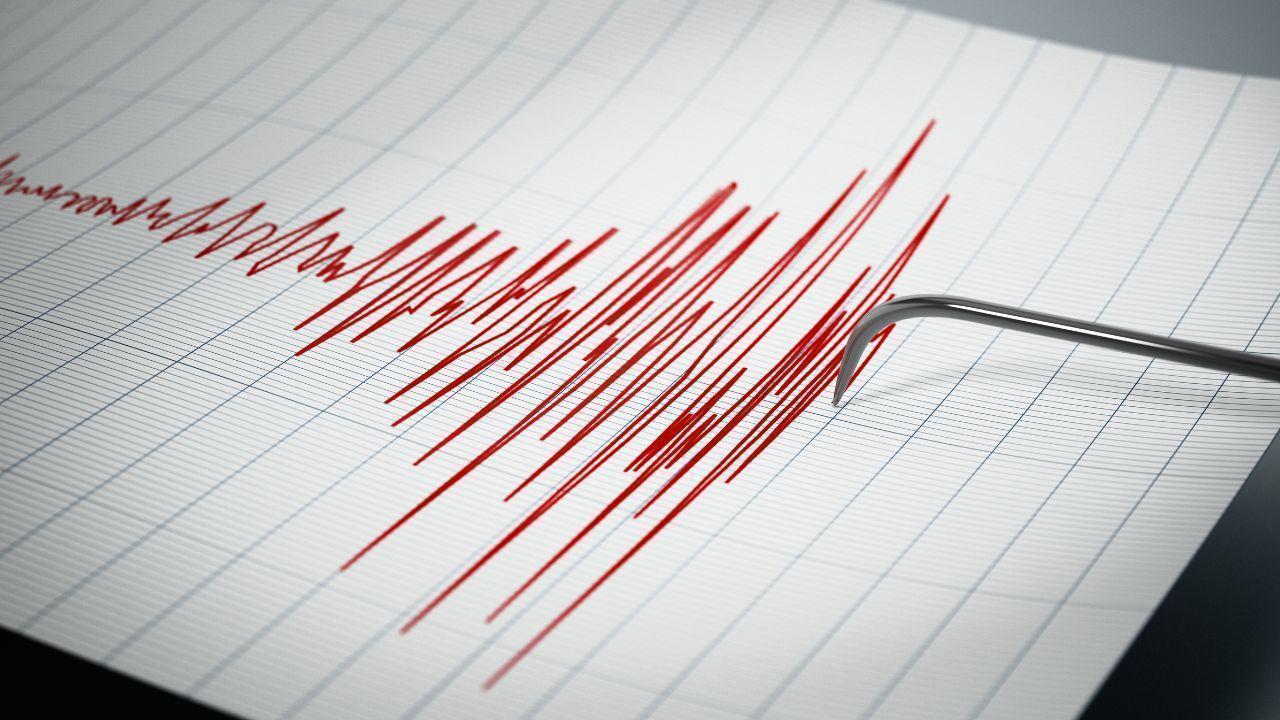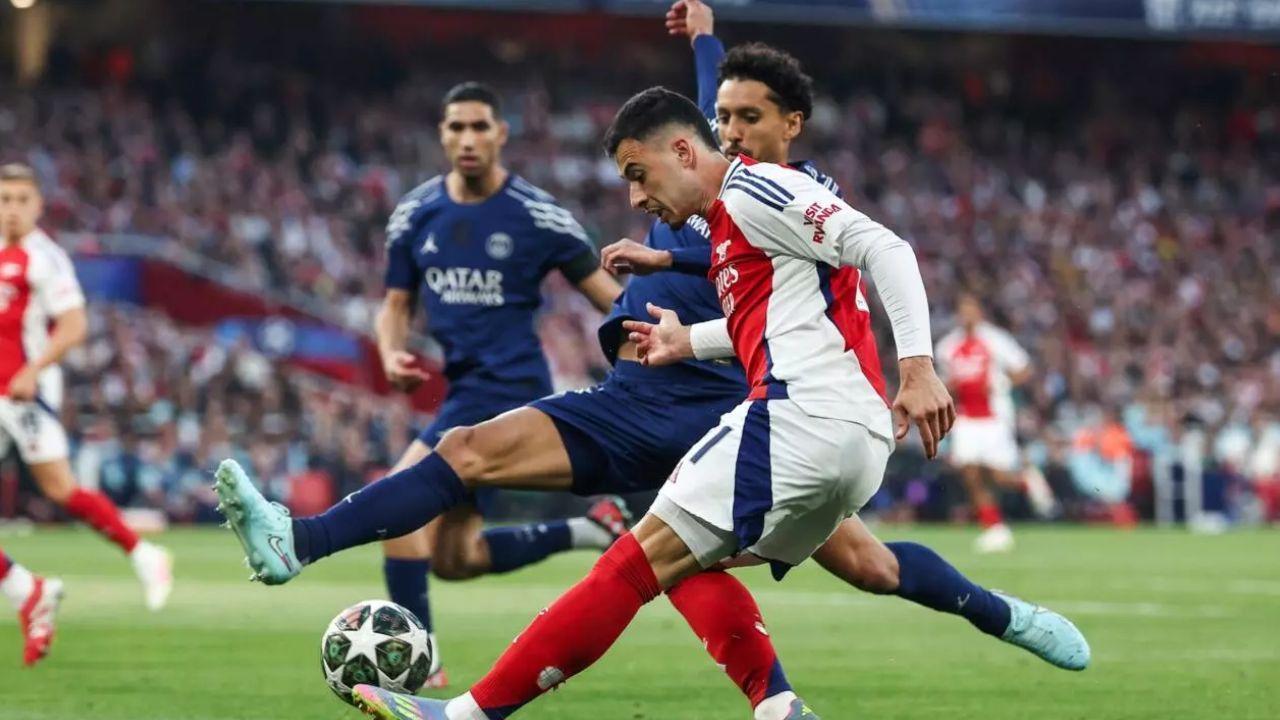
Post by : Dr. Amrinder Pal Singh
Urban areas teem with life amidst towering skyscrapers, bustling streets, and manicured parks. Peregrine falcons elegantly perch atop city spires, while coyotes frolic in backyards captured on camera. Amidst this urban menagerie, the delicate wings of a cabbage white butterfly flutter upon flower blossoms. However, a study recently published in PLOS ONE warns of growing pressures on urban wildlife due to climate change.
Lead author Alessandro Filazzola, from the University of Toronto Mississauga's Centre for Urban Environments, highlights the study's findings. Leveraging data from the Global Biodiversity Information Facility and climate projections, the research examines how climate change is reshaping animal distributions across 60 major cities in the US and Canada.
Under various warming scenarios, ranging from moderate to extreme, the study reveals significant shifts in wildlife populations. Vertebrates like loons, coyotes, and amphibians are projected to decline in urban areas, while species such as turtles, scorpions, and mice are expected to proliferate.
Carly Ziter, an assistant professor of biology at Concordia University, emphasizes the importance of understanding these shifts. She notes that while ecologists recognize the impact of climate change on species ranges, urban wildlife dynamics have received less attention.
The study predicts substantial turnover in species composition for cities, with some gaining while others lose. Toronto may see a net increase in species, while cities like Atlanta face losses in both wildlife diversity and tree species.
Filazzola acknowledges the study's limitations but hopes it will spur further research into urban wildlife dynamics. He emphasizes that as species move into new areas, they can bring both challenges and delights for human residents. For instance, Southern Californians now contend with an increasing mosquito problem due to shifting species patterns.
Indeed, human-wildlife interactions in cities present both conflicts and opportunities for appreciation. Ziter underscores the cultural and relational significance of urban wildlife, highlighting how the disappearance of familiar species could diminish people's connection to their surroundings.
As cities continue to evolve amidst a changing climate, understanding and adapting to these shifting urban ecosystems will be essential for both wildlife and humans alike.
#breakingnews #worldnews #headlines #topstories #globalUpdate #dxbnewsnetwork #dxbnews #dxbdnn #dxbnewsnetworkdnn #UrbanWildlife #ClimateChange #PLOSOne #SpeciesShifts #Biodiversity #EcologicalImpact #HumanWildlifeInteractions #CityEcology #ClimateAdaptation #WildlifeConservation #SpeciesTurnover

SATExpo Middle East 2025 debuts in Dubai, uniting global space leaders to explore innovations in satellite tech, AI, and the new space economy... Read More

A couple married for 46 years chose to end their lives together in a 'suicide pod' after the wife was diagnosed with a terminal illness.... Read More











Rashid Al Obad Appointed Director General of Shams
Sheikh Sultan issues Emiri Decree appointing Rashid Al Obad as Director General of Sharjah Media Cit

Dubai’s Government Best Practices Series 2025 Highlights Innovation
The Government Best Practices Series 2025 in Dubai focused on government innovation, digital service

Dubai Hosts GenAI Masterclass for Future Family Leaders
Dubai Centre for Family Businesses held a GenAI masterclass to train 24 young leaders in using AI fo

ArtDomain by DXB News Network Opens to Strong Global Response — Applications Begin for A50 and The Art Guild.
ArtDomain by DXB News Network Opens to Strong Global Response — Applications Begin for A50 and The A

Dembele's Goal Gives PSG a 1-0 Win Over Arsenal in Semi-final
Ousmane Dembele scores early to give PSG a 1-0 win over Arsenal in their Champions League semi-final